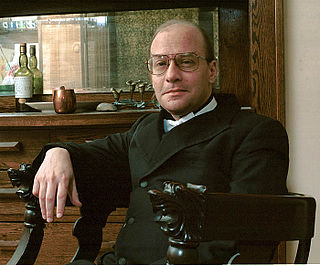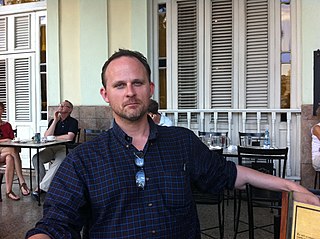A Quote by Neil Gaiman
My ideal reader is me. And yes, my ideal reader comes with me and is forgiving.
Related Quotes
There is no ideal length, but you develop a little interior gauge that tells you whether or not you're supporting the house or detracting from it. When a piece gets too long, the tension goes out of it. That word?tension?has an animal insistence for me. A piece of writing rises and falls with tension. The writer holds one end of the rope and the reader holds the other end?is the rope slack, or is it tight? Does it matter to the reader what the next sentence is going to be?
These, then, are the qualities of my ideal diplomatist. Truth, accuracy, calm, patience, good temper, modesty and loyalty. They are also the qualities of an ideal diplomacy. But, the reader may object, you have forgotten intelligence, knowledge, discernment, prudence, hospitality, charm, industry, courage and even tact. I have not forgotten them. I have taken them for granted.



































